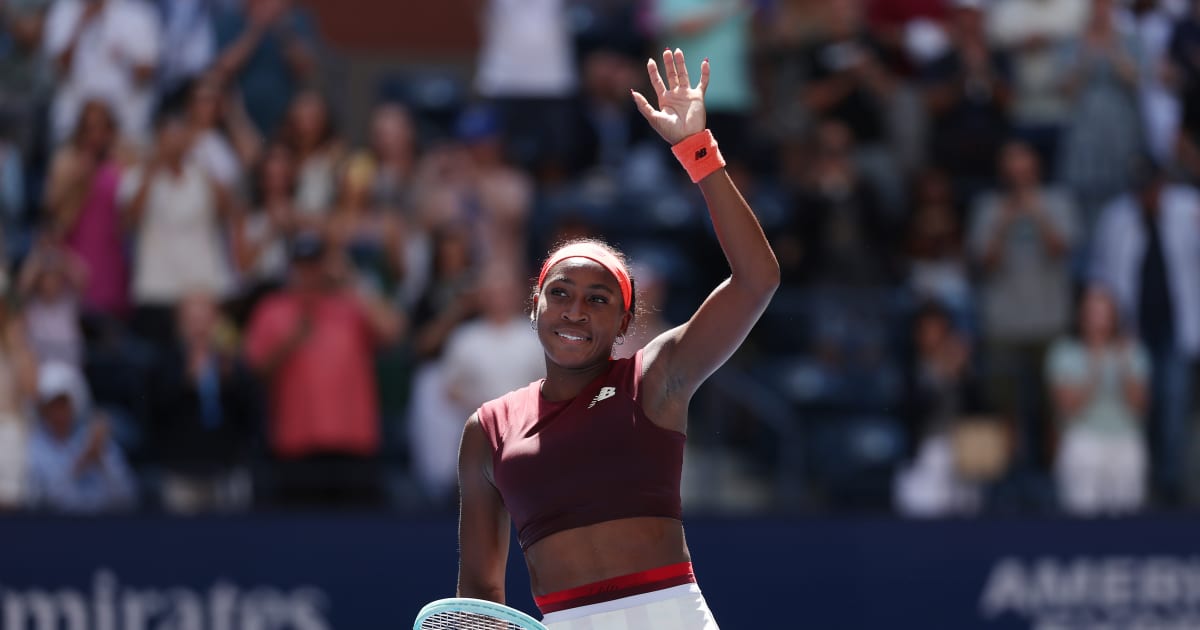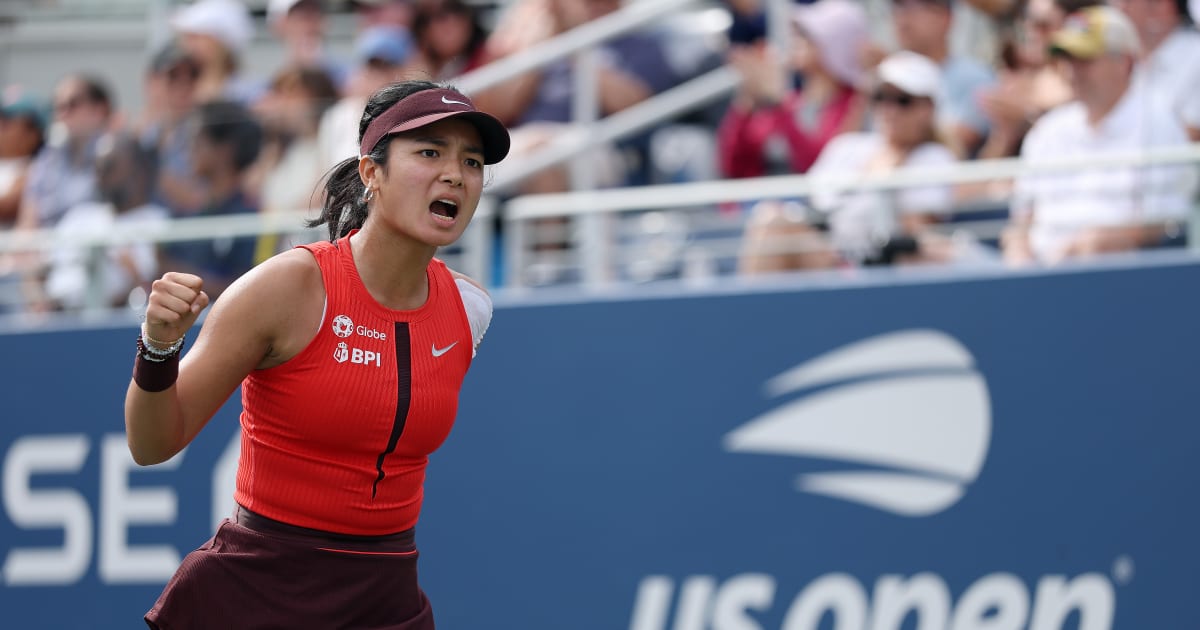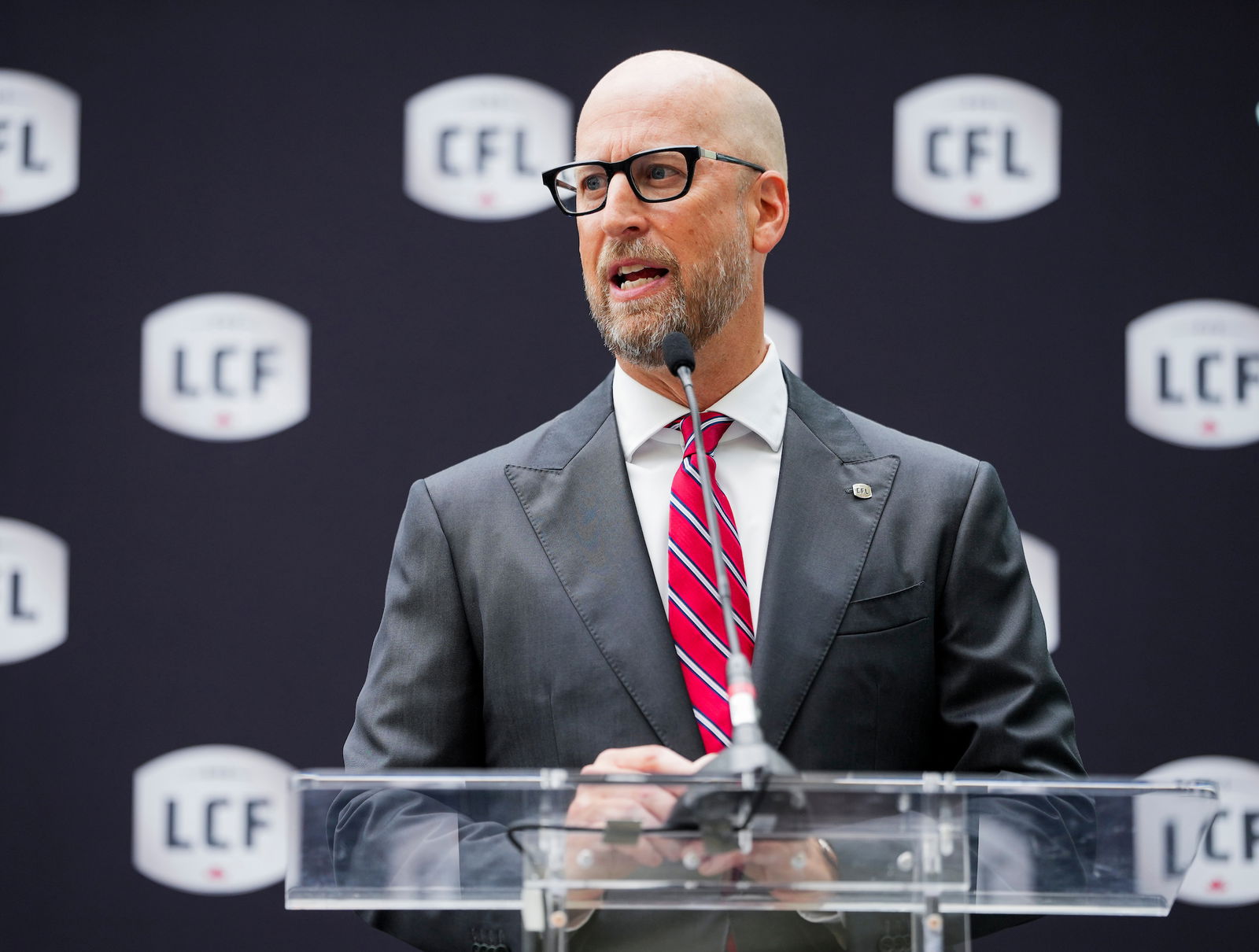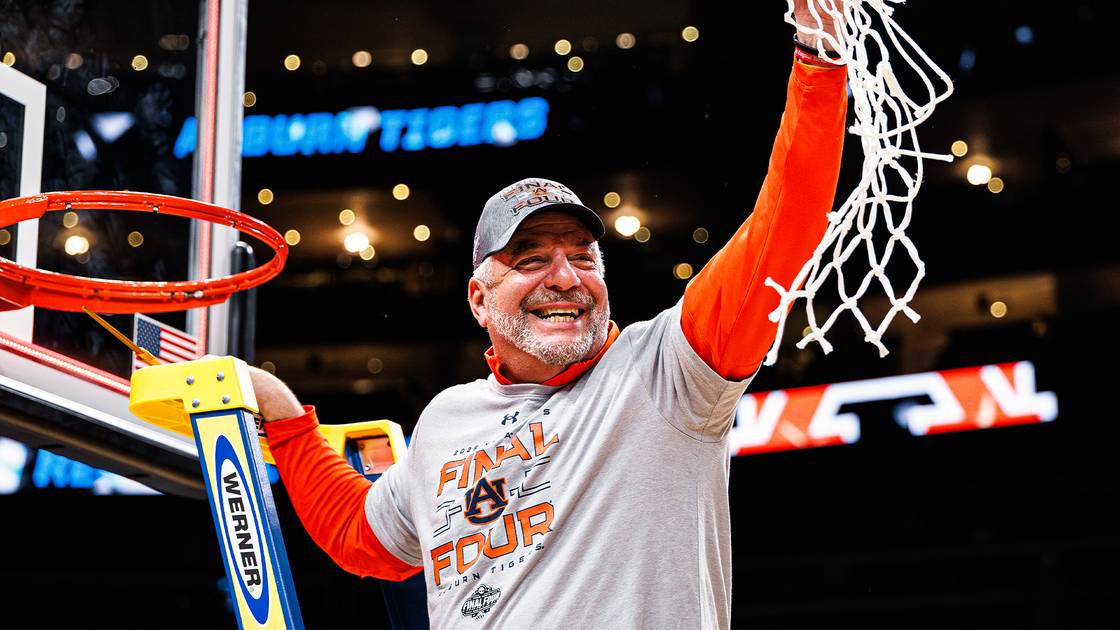What it’s like to watch tennis with Roger Federer

Roger Federer is a busy man at the Laver Cup.He is the founding partner of the event, the guy who, in a taxi in China a decade ago, told his longtime agent, Tony Godsick, he wanted to do something to honor Rod Laver and his generation of greats. Before long, they were mapping out creating an event that aspired to be a version of the Ryder Cup for tennis.He played in the event for several years and now splits his time overseeing its operation, recruiting, managing and offering his wisdom to players, and entertaining sponsors and celebrities, including Stephen Curry on Saturday night.He also watched a ton of tennis as Team World won back the Laver Cup from Team Europe, beating it 15-9 on the strength of Taylor Fritz’s straight sets win over Alexander Zverev in the final match.Anyone who imagines Federer — to his loyalists, the greatest player of the modern era, even if Novak Djokovic won more — cloistering himself with masters of the universe in some luxury suite high above the court would be sadly mistaken.At the Chase Center this week, Federer has likely spent more time courtside watching matches than he has anywhere else. He was there for almost the entirety of the first day, through the afternoon and evening, and for much of the sessions on Saturday and Sunday.This is Federer’s third Laver Cup in retirement. At first, he wasn’t sure how much tennis he should watch — or how much he would want to watch.“I guess I can do whatever I want,” he said as he sat courtside during Sunday’s match between Alex De Minaur and Jakub Menšík. “I just started to realize, that all these young players, a lot of them, like Menšík or (Joao) Fonseca, I’ve never seen them play before in my life. I also want to show them that I am actually here and I care for them so they can go home and say, ‘Roger actually watched me play.’”Federer said he remembers vividly how important it was to him to have a past great watch him play.“It was that one thing in life almost throughout my career that made me nervous,” he said.At first, his parents watching made him nervous, then friends. And then it was legends, or really famous people, or people he admired in sports.“So I just feel also a little bit of a duty and respect towards the players to be there, and I enjoy it,” he said.Like everyone, Federer was blown away by a ridiculous drop shot Carlos Alcaraz hit during the previous match. He’d gone into the player gym after the match to chat with Alcaraz about it as he cooled down.Alcaraz had pulled off the rarest of tricks — a drop-shot volley winner when a player was at the net already.“He comes up with the idea that I’m going to hit a drop shot when the other guy is actually like six feet away from me,” Federer said, shaking his head. “That type of confidence and inspiration is what obviously I admire with Carlos, that he’s able to take shots on that many, many other players would never dare to do, because they know they could maybe look silly or whatever. But he doesn’t care about that fact.”So what does Federer watch when he watches tennis? What does he think about?“Sometimes I watch it like I would be playing,” he said. “Or sometimes I would be watching, like, how would I play against these players. And some of them I’ve played against.”He beat De Minaur to win his final title in Basel. He played Zverev and Fritz, in all about half of the players competing in the Laver Cup.“Sometimes I really watch from the perspective of just a fan and just being into it and being nervous and caring for the player or the event,” he said. “So I go very much in phases.”During this moment, early in the second set of the Menšík-De Minaur match, Federer was very much in analyst, former player mode. Menšík had just gone off court after losing the first set. Now he was back, and serving.“I love to see him try to figure it out,” he said.Menšík double-faulted.“Why does it happen? You know, it shouldn’t happen, this is the last thing you want to happen, right? So he’s had almost five minutes to think about that and not to make it happen.”Now he’s in De Minaur’s head.“This is like exactly what we wanted,” he says, putting himself in the Aussie’s brain. “He actually broke up his own rhythm. So Demon (De Minaur’s nickname) is like extremely excited right now. “But then, Menšík recovers and makes a couple of sturdy strokes to win a point after missing his first serve.“It’s these little things that are how you actually might end up losing a match,” he says. “Because it’s like now you went double fault, missed the first serve. It’s second serve, love-15. If Demon hits a better passing shot, or something goes up 30 love, Menšík can’t recover. Break of serve, and he wins 6-3, 6-4, instead of going one-all, two-all, and then ends up breaking Demon, right?”This is the little things like the junior or the rookie still has to learn,” he says. Everyone focuses on the 30-all point at 4-4. Federer is, too. But he is all obsessed with the little moments that no one will ever talk about.Menšík goes up 30-15.“This is like kind of a medium important point already,” he says. “You don’t want to go 30-all, just let’s, you’re going to keep rolling here. So you have to have the most extreme of focus right here in my mind. The chances to win the game at 40-15 are completely different than at 30-all.”De Minaur hits a slice forehand. It forced Menšík to make a tough shot. He does, but Federer likes the play anyway. Force the 20-year-old to make something happen and give him a chance to miss.He thinks De Minaur might be thinking he should have done more, especially after Menšík hits an ace.“These incredible details are the ones that actually really interest me when I watch a young player playing,” he says. “And then seeing him today and then see him in two years. You know how much he’s improved.Up 40-15, Menšík goes for a big second serve and double-faults. Fine, Federer says. He’s loosening up, taking his hand off the brake. He serves and volleys on the next point and holds his serve.“So now he’s like, OK awesome, I gained a lot of information, this ended up being a really good game for me to overcome the wobble in the beginning, and at the end being able to try out a few things.”That said, he’s very impressed with De Minaur. He last saw him at Wimbledon against Djokovic. He thinks he’s made big improvements since then. More variety. A bit stronger. De Minaur whips an inside-out forehand that breaks the sideline. That’s not a shot he used to see when he was playing De Minaur, Federer said.He’s heard the chatter about the court being a little slow. Balls with topspin check up rather than sliding through the court, while slices stay low.“Novak always made fun of it, like this court is built for Roger,” he recalls with a smile.Maybe they will speed it up a bit next year, put less sand in the paint. But the surface also allows for more of a chess match, whereas a lot of indoor courts play like ice skating rinks.His eyes drift over to the benches. It’s a moment where he thinks Team Europe might need to lift Menšík and try to give him some more belief, give him the feeling that they want this win desperately and that they believe he can do it.He remembers the first Laver Cup, watching the American Sam Querry, John Isner and Jack Sock whooping it up like it was a college match, while Team Europe was far more subdued. Team World was outgunned. It was their best chance.“The energy was insane from them,” he said. “I was sitting there looking over and like, wow. I mean, the creativity and the fun they were having. Sometimes I was wishing I was on the other bench.”At this point, De Minaur is sitting on the bench, surrounded by his teammates.“Has to also be careful that when he gets five opinions, like you should do that and you’ve just been aced on the last two points,” he says.Then it’s back into De Minaur’s head. “There’s only so much I can do about that,” he says.At the same time, he loves the dynamic. He wants the players to learn from each other. There is no other time in the year when players from other countries can ask each other how to play against opponents in an organic way. There’s always an edge. How much do players want to share?“Here you get a free pass, here it’s your teammates, like what do think by the way, next time I play against Sinner, how do you think I should play? So here you can ask any question, you probably get the full answer.”He’d be lying if he said there wasn’t a part of him that still wishes he could be on that bench now.Just that afternoon, as Sock and De Minaur were walking out, he had the itch.“I was thinking to myself, it would be cool to walk out right now and go play a match,” Federer said.He knows he can’t, not with this crew. It’s their turn. And he’s got another job to do.“I can be here and support them, you know,” he says. “It’s fun also. It’s a good role.”(Photo: Joe Scarnici / Getty Images for Laver Cup)











